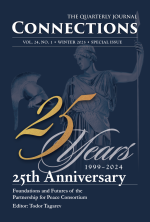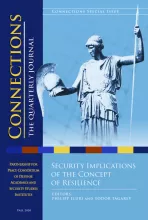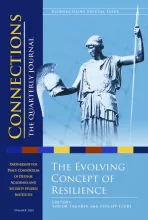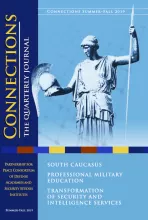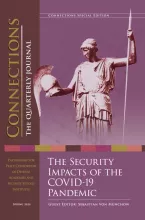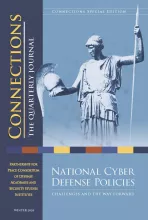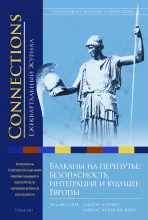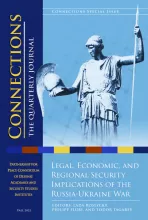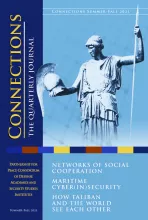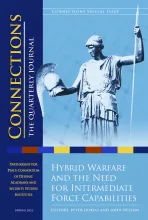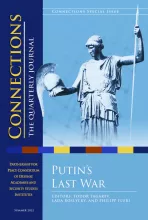Connections vol.19, no.4, Fall 2020 Resilience
Contents
The Fall 2020 issue of Connections: The Quarterly Journal presents a variety of security-related applications of the concept of resilience. Two articles address the relation to cybersecurity – one presenting a framework for assessing national cyber resilience, and the other the need to enhance the resilience of the armed forces to cyberattacks as one of the tools for hybrid warfare.

